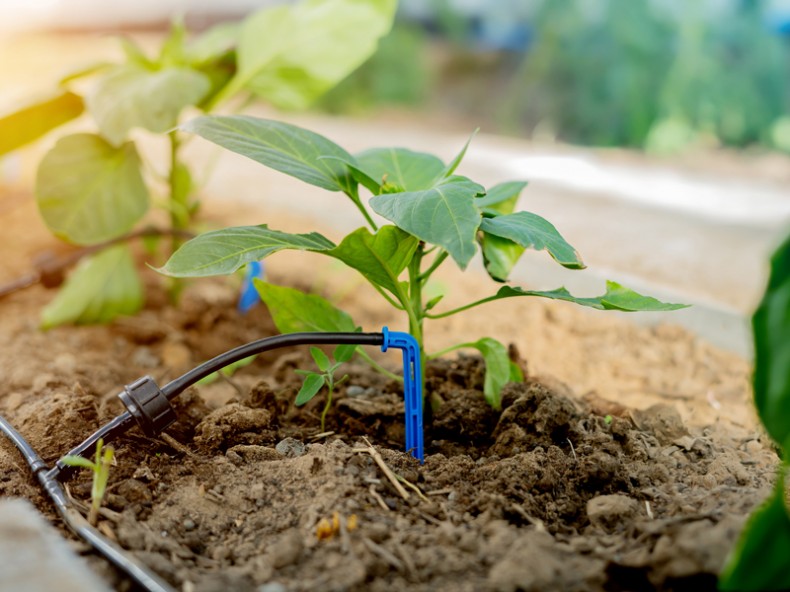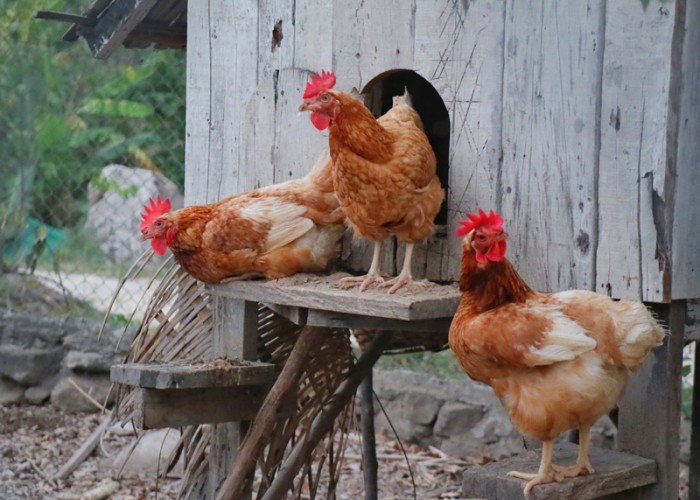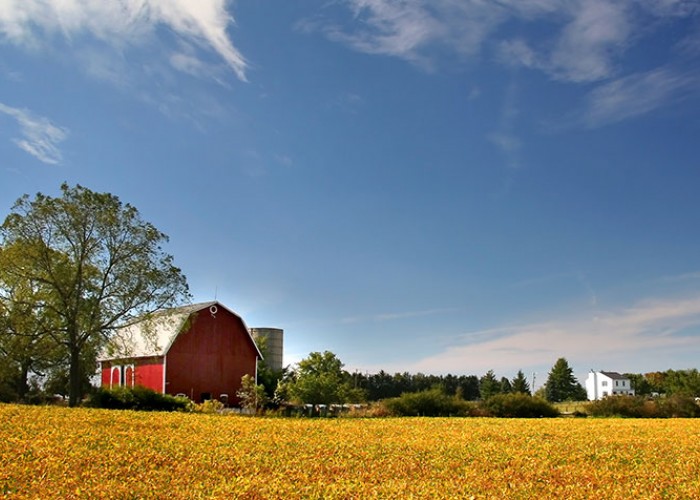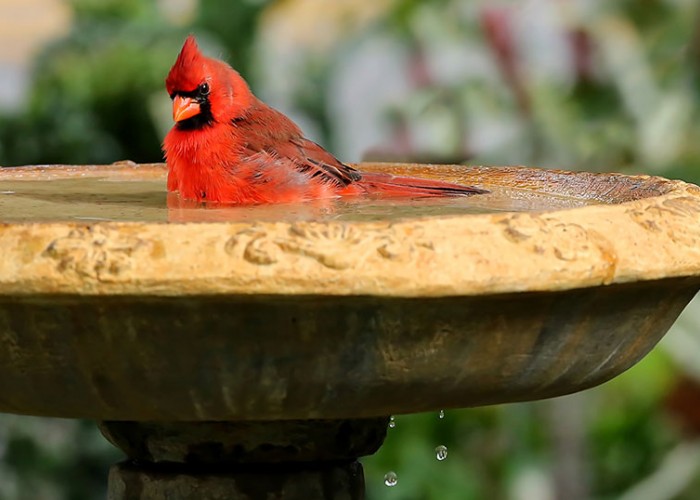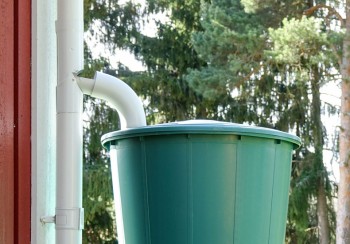Sprinkling Energy Savings in the Garden
Tips to save some green outside
By Jonathan SusserQ: One of my New Year’s resolutions was to start my own garden and take better care of my yard. What are some energy considerations to keep in mind so I don’t get caught off guard on my monthly energy bill?
A: Gardening and planting are great activities to pick up, but it’s also smart to think through their potential energy impacts.
Watering will certainly be a huge part of your new hobbies. In fact, the U.S. Environmental Protection Agency (EPA) notes that almost 8 billion gallons of water are used each day in outdoor residential applications — that’s a lot.
To cut back on your own watering, see whether you can deploy drip irrigation. Drip irrigation, which depends on tubing with emitters that slowly drip water into the ground, lets you pinpoint specific plants or areas to receive water. It’s not suited for all situations—sprinkler systems are often better for larger, flatter areas—but this controlled, direct approach applies water more efficiently. Sprinkler systems lose more water through evaporation and runoff.
Smart watering technologies can base watering schedules on local weather and landscape conditions as well as on moisture levels in your soil. In other words, they help ensure water is delivered where you want it, when you need it.
This equipment relies on a Wi-Fi connection, but the ability to use a smartphone app/computer for programming can be very convenient. Look in particular for models with the EPA WaterSense label, which indicates that the products meet specifications for water efficiency and performance.
Other water management strategies include placing plants with similar water requirements together, watering in the morning (when it’s not as warm and evaporation is slower), and creating compost to improve your garden or landscaping soil. This concoction of organic materials and yard waste can offer numerous benefits, including helping your soil receive and retain water and providing nutrients from local sources, which may get you out of needing to buy fertilizer.
Limiting water consumption will lower not only your water bill but also, potentially, your electric bill. If you get water from a well, your well pump won’t be called on as much to keep your water lines full.
Beyond water, trees and vegetation should be highlighted for their energy contributions, as well. Deciduous trees offer shade in the summer and block heat from entering your home, which reduces the strain on your air conditioning system. In the fall and winter, as they shed their leaves, these trees let more sunlight in, making life easier for your heating system.
Planting on the south or west sides of your home may be your best bet for seeing heating and cooling energy savings. Aim for trees that are native to North Carolina. These are better adapted to our environment and soil conditions (meaning, again, less water needed) and can support other native wildlife.
-
More energy savings
-
Share this story:

